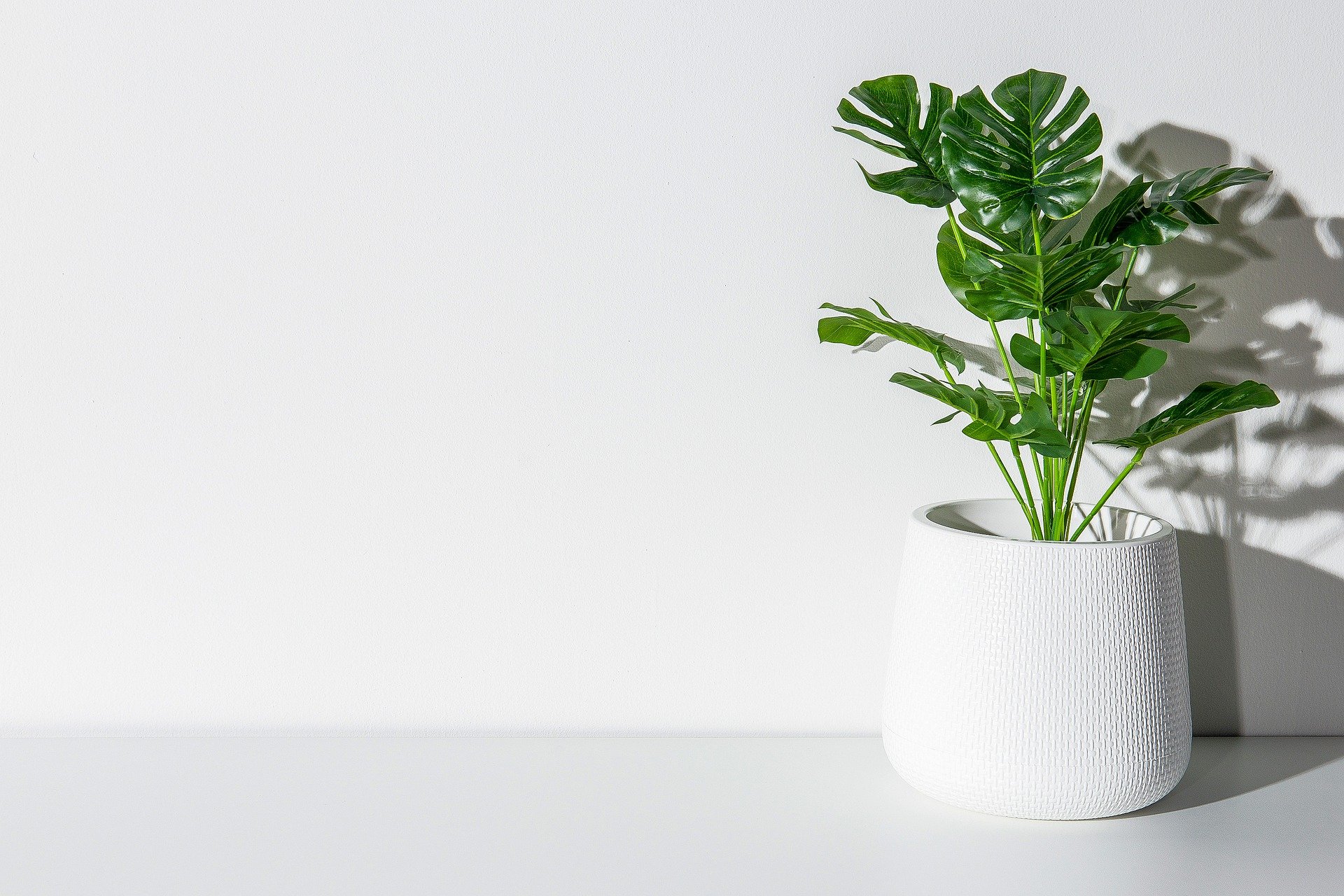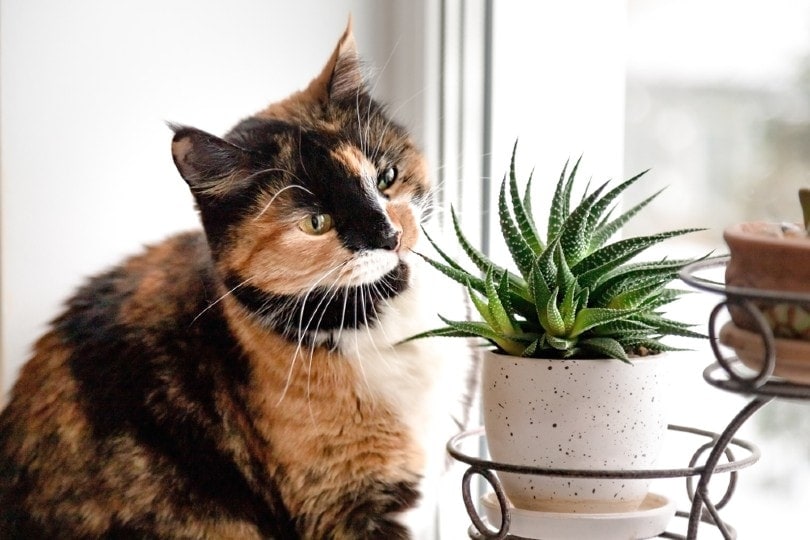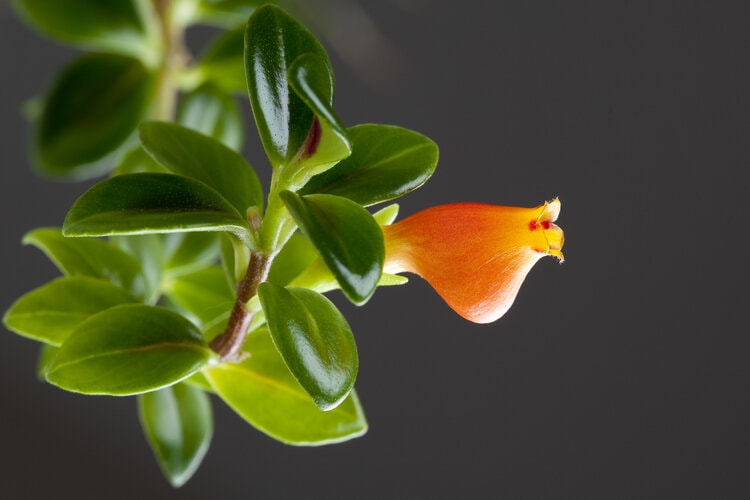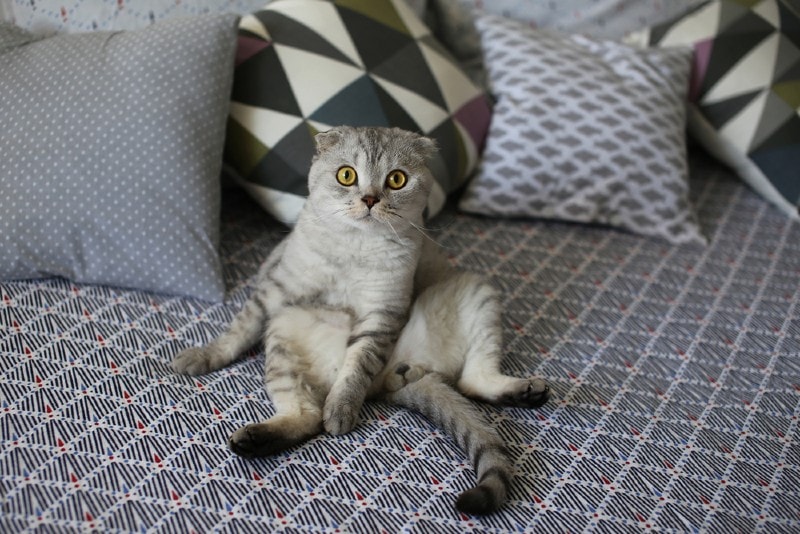Is Monstera Toxic to Cats? Vet-Approved Facts & Safety Guide
Updated on

Monstera is a genus of houseplants that are popular all around the world. The most common plant is Monstera deliciosa, this plant features broad, green leaves that look waxy and grow out to create a canopy look and feel. This evergreen perennial is native to tropical climates and can climb along tree trunks, well into their branches high above.
This plant is an invasive species while growing outside in the wild, but it can be managed and make wonderful houseplants for households of all sizes. However, there is a question about whether the monstera plant is toxic to cats. Unfortunately, monstera plants are toxic to cats. Keep reading to learn more!
 The Monstera Plant Can Be Toxic to Cats
The Monstera Plant Can Be Toxic to Cats
There is a substance inside the leaves, stems, and aerial roots of the monstera plant, called calcium oxalate crystals, which is toxic to cats. This substance is embedded in the plant, and when the plant is chewed or broken, the substance leaks out. If a cat is chewing on a plant like the monstera and ruptures the outer core, the calcium oxalate crystals can seep out and enter the cat’s oral cavities.
If this happens, symptoms such as the following can develop:
- Drooling
- Oral irritation
- Swelling of the tongue, lips, and pharynx
- Vomiting
- Difficulty swallowing
Luckily, the irritation that calcium oxalate crystals produce is typically temporary and can be relieved with the help of water or milk. If giving your cat water or milk does not relieve the symptoms, it is important to seek emergency veterinarian care as soon as possible.

How to Keep Cats Safe from Monstera Plant Toxins
The best way to keep cats safe from the toxins in monstera plants is to avoid growing the plants inside your home at all. However, many cats do not even consider chewing on these plants and would do fine living around them.
If your cat tends to paw at and chew on the plant, you can hang the plant from the ceiling or put it outside to keep your kitty away from it. Alternatively, you can get rid of the monstera plant altogether and choose a different kind of plant that does not contain any toxic components that are dangerous for cats. Luckily, there are plenty to choose from!
Other Types of Plants That Are Safe for Cats
You can’t keep monstera plants in your home while keeping your kitty safe at the same time. There are many different types of plants that are safe to grow inside and around your feline family member. Here are our top picks:
- Boston Fern (Nephrolepis exalta bostoniensis)
- Spider plant (Chlorophytum comosum)
- Parlor Palm (Chamaedorea elegans)
- Air plants (Tillandsia species)
- Money Tree (Pachira aquatic)
- Prayer Plant (Calathea insignia)
- Swedish ivy (Plectranthus australis)
- African Violet (Saintpaulia species)
- Moth orchids, Phalaenopsis Orchid (Phalaenopsis species)
- Wax plants, Honey plant (Hoya carnosa)
Mix and match a few different kinds of plants throughout your house to create some depth and color without worrying about any harm coming to your pet cat.

Final Thoughts
While the monstera plant is not deadly to cats, it is still toxic and you should not grow it within your household. However, these are not the only kinds of plants that look awesome inside the house. Many are just as beautiful but without all the toxic compounds.
Which types of houseplants do you like the most? Does your cat show interest in houseplants, or do they tend to ignore the plants? Let us know your experiences and thoughts in the comments section below!
See also:
- Are Bromeliads Toxic to Cats? Keeping Your Cat Safe
- Are Geraniums Toxic to Cats? Keeping Your Cat Safe
Featured Image Credit: Pixabay

 The Monstera Plant Can Be Toxic to Cats
The Monstera Plant Can Be Toxic to Cats









